CULTURAL POLICY OF PAKISTAN THROUGH FOREIGN AGENDAS
REPEATED ATTEMPTS TO DIFFUSE OUR IDEOLOGICAL FOOTING
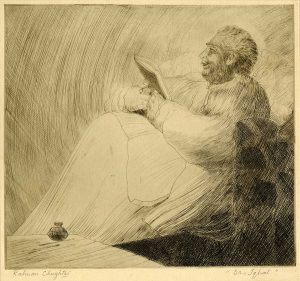 The advent of Pakistan was a shock to those who had to relinquish control over same. The first policy of culture was defined by the British with the release of the book “5000 years of Pakistan” and this agenda stuck like a leech with the bureaucracy who were to muddle our advance into ideological realms. A country which came into being based on Islamic Ideology was being bombarded with different ideas of a long cultural history, starting with the Buddhist Civilization. Amazing it was! Suddenly cultural experts started pouring in with French beards and smoking pipes in their mouth. On one hand 5000 years history charade and on the other getting into the band wagon of the West by meticulously following western narratives of existence. Made a ball of culture and knocked it clean bold. Cultural policy was indeed a Western agenda.
The advent of Pakistan was a shock to those who had to relinquish control over same. The first policy of culture was defined by the British with the release of the book “5000 years of Pakistan” and this agenda stuck like a leech with the bureaucracy who were to muddle our advance into ideological realms. A country which came into being based on Islamic Ideology was being bombarded with different ideas of a long cultural history, starting with the Buddhist Civilization. Amazing it was! Suddenly cultural experts started pouring in with French beards and smoking pipes in their mouth. On one hand 5000 years history charade and on the other getting into the band wagon of the West by meticulously following western narratives of existence. Made a ball of culture and knocked it clean bold. Cultural policy was indeed a Western agenda.
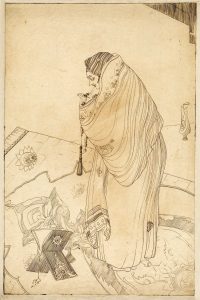
For years nobody took the liberty of putting a cultural policy down on paper and then Prime Minister Zulfiqar Ali Bhutto, recruited a Cultural Adviser Faiz Ahmad Faiz and he inducted a geographical policy for Pakistan. Our culture was to be found within our geography. Faiz simply said that the Taj Mahal may be beautiful but it is not our culture. In simple words “Pak sar zameen shad bad” was considered simply a ‘Sohni Darti”. Culture was to be tailored to that end. The Muslim Umma was a dangerous word for foreign lobbies with agendas of their own.
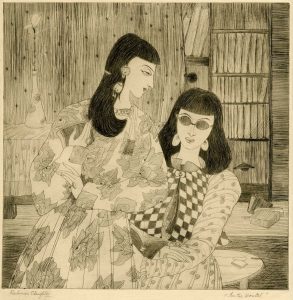
The zest for devising a new cultural policy for Pakistan is still here and a new group based in Australia is charting out one for us in 2030. It is not known on what basis the same would be. One can read the manifesto and find out. Their announcement is like this:
“Youth Revolution Clan in collaboration with Cultural Infusion Australia is going to Organize “Lahore International Conference on Culture “.
Culture is a set of rules and behavioural patterns we learn with socialization. However, in a globalised (and multicultural) world culture became subject of discussions from various points of views, and its importance is not loosing strength. In the past century, we witnessed many attempts to foster cultural agendas using popular culture where identities were formed in a way to present one nation to other nations in a favourable way, and where audiences were confronted with various messages that are sometimes blurred with first-hand experiences. States indeed invest funding in their cultural policies, and particularly in their cultural policies oriented towards abroad via external cultural institutes, or tourist offers where culture is emphasized as an achievement of a certain nation (most notably, in art and music).
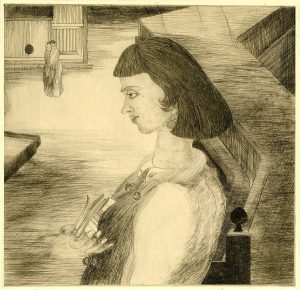
Cultural relations, on the other hand, are centred on creating mutual recognition and understanding, however, many scholars and practitioners expressed criticism calling western countries as imperialists imposing their cultural patterns over less advanced countries just via peaceful means and not through colonialism anymore. On the other hand, culture is often a subject of discussion when minority groups are in stake because minorities find themselves surrounded by different culture, and in a dilemma whether to assimilate or to preserve their culture while still trying to lead average lives. The latter is then subject of criticism from conservatives and the Far Right that insist on integration, an unclear term that sometimes seems more like forced integration.”
We hear a new term coming up with reference to globalization and that is a Post Islamic scenario. Now what does that mean? A situation where Islam is gone. Really! Who subscribe to same? Outsiders yes, but Pakistani Muslims? Unbelievable.
A Pakistani Cultural Expert, Malik Shamas (Retired Curator Lahore Museum) showed me a draft of a cultural policy and it was an amazing draft. I am sure his son teacher Tanveer Hussain would have a copy and it is worthy of being published in any form. It really defines us.
But the direction for cultural policy of Pakistan was given by M.A. Rahman Chughtai at time of partition itself and the manifesto still stands. It was narrated in Urdu, so I am taking the liberty of summarizing that idea in simple words, which was:
“Islamic culture is dynamic with positive energy. In all ways it is timeless, as it grows from the past to the present and takes into account the future too. A time comes when culture stagnates and in an new environment, it jump starts a new existence, based on old, but very much new. This was the case of Islamic conquest of Spain. Confronted with new crafts people who embraced Islam and brought new ideas into the realm. This jump start happened with Muslims in Spain and that is why I propose the name of ALHAMRA for the Pakistan Arts Council. In my view the advent of Pakistan will jump start our culture forward into newer realms. My Art is simply following the same lines. I have relinquished older traditions of miniatures as well as its style as well as its technique, even compositions, and formed a newer school of art that is Chughtai Art, and that too, is actually timeless in spirit. Newer directions on older foundations that is my case for the new cultural policy of Pakistan. “
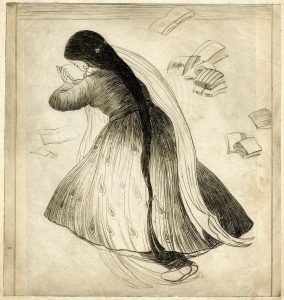
Anyone or a bunch of stray people cannot devise a cultural policy of Pakistan. Here again in any democratic spirit, the people matter, for culture strengthens them, both in belief as well as implementation. The Cultural policy of Pakistan has to come from within not from without. How can others mean good for you and your Identity? Diffusing your Identity is the only reason for same.
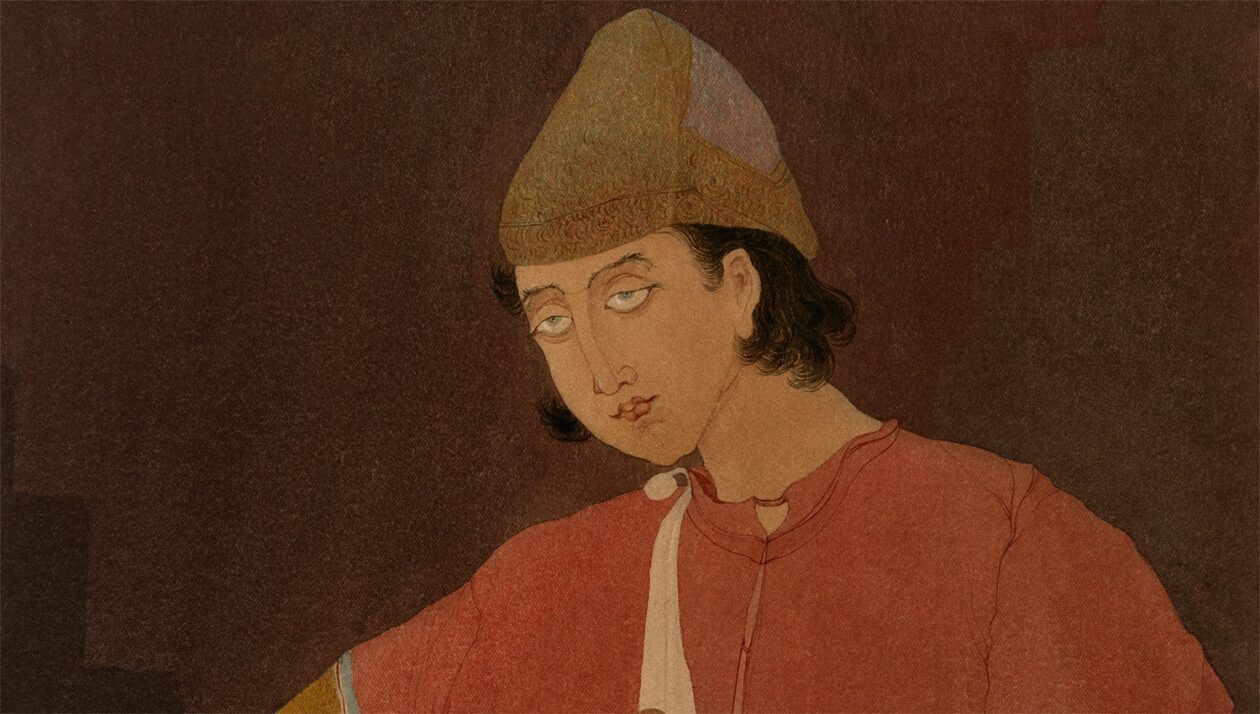
WHOA!
A deliberate neglect of Fine Arts and Aesthetics has resulted in a down trodden attitude on Culture. Who would devise a Cultural policy when their aim is a society without cultural inspirations.
Pakistan is a Civilisational State. We started building our villages, towns and cities over 9000 years ago. 70 years ago, it was a Rebirth of the Nation.
The land and people of Pakistan were here much before Rig Veda, the earliest Vedic scripture written between 1500-1000 BC. We were here much before Adishankara Acharya classified the different pagan schools of thought or pagan cults around 8th century AD and Hinduism was categorised as a separate religious entity by the British in 1800s.
We were here before the emanation of Vedic and Hindu cultures, before Judaism, before Christianity and before the dawn of Islam.
We have a history of over 9000 years from Mehrgarh (7000 BC), located between Quetta and Sibi in Balochistan; Rehman Dheri (4000 BC) in Khayber Pukhtunkhwa; Harappa (over 3000 BC) in Punjab; Mohenjo Daro (2500 BC) in Sindh; having more than 50,000 rock carvings, 5000 inscriptions and many other heritage resources ranging from the Neolithic period in Gilgit Baltistan.
The people of Pakistan were politically united with Republic of India only for about 200 years of forced political unification during the Mauriyan Empire (100 years) and British colonial rule (100 years) out of a total settled history of over 9000 years. For over 500 years it were the Pakistanis who ruled India. For the remaining over 8000 years we remained a separate entity.
We don’t know what religion that we followed during the pre-Harappan and Harappan periods. Later though, some of us were Zoroastrians, some followed Vedic and Hindu culture, some were Jains and later majority accepted Buddhism. With the advent of Islam gradually majority of us accepted Islam and are now Muslims. However one thing has been historically proven that, Hinduism was never a majority religion followed by the people of ancient Pakistan. We were majority Buddhists and later became majority Muslims.
The Mesopotamians (ancient Iraqis) identified ancient Pakistan as Meluhha, the ancient Persians called it Hind, Arabs named it as Al-Hind, the Greeks would call it indoi/Indos (people of Indus) and in 1947, the same people of Indus named it as Pakistan.
We Pakistanis have a national identity since over 9000 years and it remained embedded in the land that we live in and the people who live on this beautiful land.
Not the same people of Indus, gentleman, blood and geography does not matter. Ideas do. Two real brothers of same parents can be poles apart in Ideology, take the example of Dara Shikoh and Aurangzeb. Not same Ideology. We are not Indus Pakistan. We are Islamic republic of Pakistan and Allah with his principles, directs our life. Raja Dahir married his sister, nobody does that now. So are we the same? Continue believing in what you do, it does not matter to us. Indus people believed in Sun god, we believe in Allah! Infinite apart. Pakistani culture cannot be defined by those with beggar bowls towards the West. Afraid of our existence that we may stop hibernating and become Muslims once for all. Ideas relate people, not blood.
A question…isnt culture is what took roots for centuries of lives of populace living in a set geographical abode? Arabs , Persians , Syrians , Egyptians have their cultures. So does Indians with muslim , sikh ,hindus bound by geography.Muslim egyptians may differ in cultural aspects with that of indian muslims. Yes , religiously they ideally should have a bond.but i’d rather feel proud of me being pakistani , culturally than to get myself forcibly attached to Arabian culture.
2. Raja Dahir never married his sister. This is a lie and one of the propaganda to ligitimize the attack on Sind by ummavis.there are multiple books written by sindhi scholars refuting this fabricated story.
Self sufficient people can speak the truth yes but begging bowls is not for subsistence but for alcoholic bottles to drown misery of beliefs
Be proud of being Pakistani and two nation theory
The analogy that the people of Indus are not the people of Pakistan because the people of Indus were not Muslims at earlier times, is indeed surprising. By the same analogy, the people of Arabia are not the people of Arabia because they were not Muslims at that time; and the people of Egypt are not the people of Egypt because they were not Muslims at earlier times and that the people of Iran are not the people of Persia because they were not Muslims at the time. It even sounds funny.
The Quran Shareef also highlights the history of the same people before they embraced Islam and the same people entered the fold of Islam and became better people – yet they did exist and it is acknowledged and written as such. Then there is a concept of Din e Ibrahim or Din e Haneef about those people who believed in the Wahdaniyat of the God Almighty as spread by His Prophets. And we know how many were they and uptill an extent their earlier history can be traced to thousands of years. Should we forget that, because, we were not Muslims at that time.
By the earlier highlighted analogy, we should not be delving into the lifes of God’s earlier Prophets because the advent of Islam happened much after they left this world.
We the Pakistanis were known as Meluhha to the Mesopotamians almost five thousand years ago and the people of Hind almost three thousand yeras ago and we named ourselves Pakistan about seventy years ago. I do not know who states that the ancient people of Indus were sun worshipers – large majority of scholars state unequivocally that the religion of ancient people of Indus can not be identified even to this day. We do not know for sure what our religion was during Harappan times. And, what if we were Monotheists at that time as many scholars including Romila Thapar, the famous Indian historian says that we could be – would the analogy be changed then.
Do we know that Raja Porus was not a sun worshiper becuse he was a Buddhist. The numismatic experts have very clearly stated that he was a Buddhist and not a pagan worshipper. Raja Dahir is mentioned who married his sister to save his throne. But do we know that during his time he got 30,000 Brahmin families moved from Ganges Valley to increase the number of pagans in Sindh when Sindh had a majority Buddhist population – and I would not want to delve on sayings of some early Muslims, who stated that Buddha could have been a Prophet of God.
We need to take pride in our history as we must thank the God Almighty that we entered the fold of Islam and are now believers of the true religion. We were a great people and we would become even greater people because we persevered for thousands and thousands of years and remained in this land of Indus as we would for thousands and thousands of more years. We were and are the people of Indus and we should be proud of this fact.
9000 hazar phalay kafir aur aj kay musulman may zameen asman ka faraq hai
Cultures are fascinating. If homo sapiens are perhaps 400,000 years old, then the various cultures produced by them are fascinating to study. But obviously one cannot agree with them if their message is against our core values. The Pharaohs are in all ways fascinating but Prophet Moses dismantled the tyranny of them. The Aztecs are fit to study but they butchered lakhs of people for their gods at the altar which ran blood of the victims all the time. Teenage girls losing their virginity on Shiv’s lingam made of stone. Our values are related to Judeo-Christian-Muslim traditions. Human values have evolved over time.
The message of love and compassion brought by Prophet Muhammed (PBUH) is for whole humanity. Once we accept the Laws of Allah, there is no going back. We can study all cultures but our culture is related to our values. Through Ijtehad we can discourse and come to conclusions on our own. Our life started with Allah and ends with Allah. There is no life after Islam, for it is the final message of Allah in the Quran. From its core, we have to evolve new.